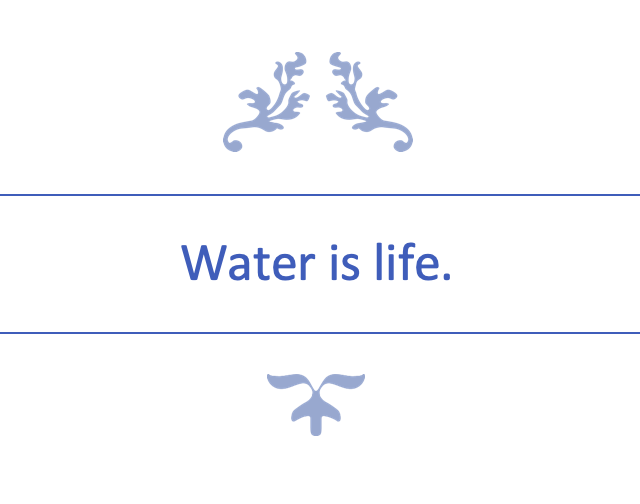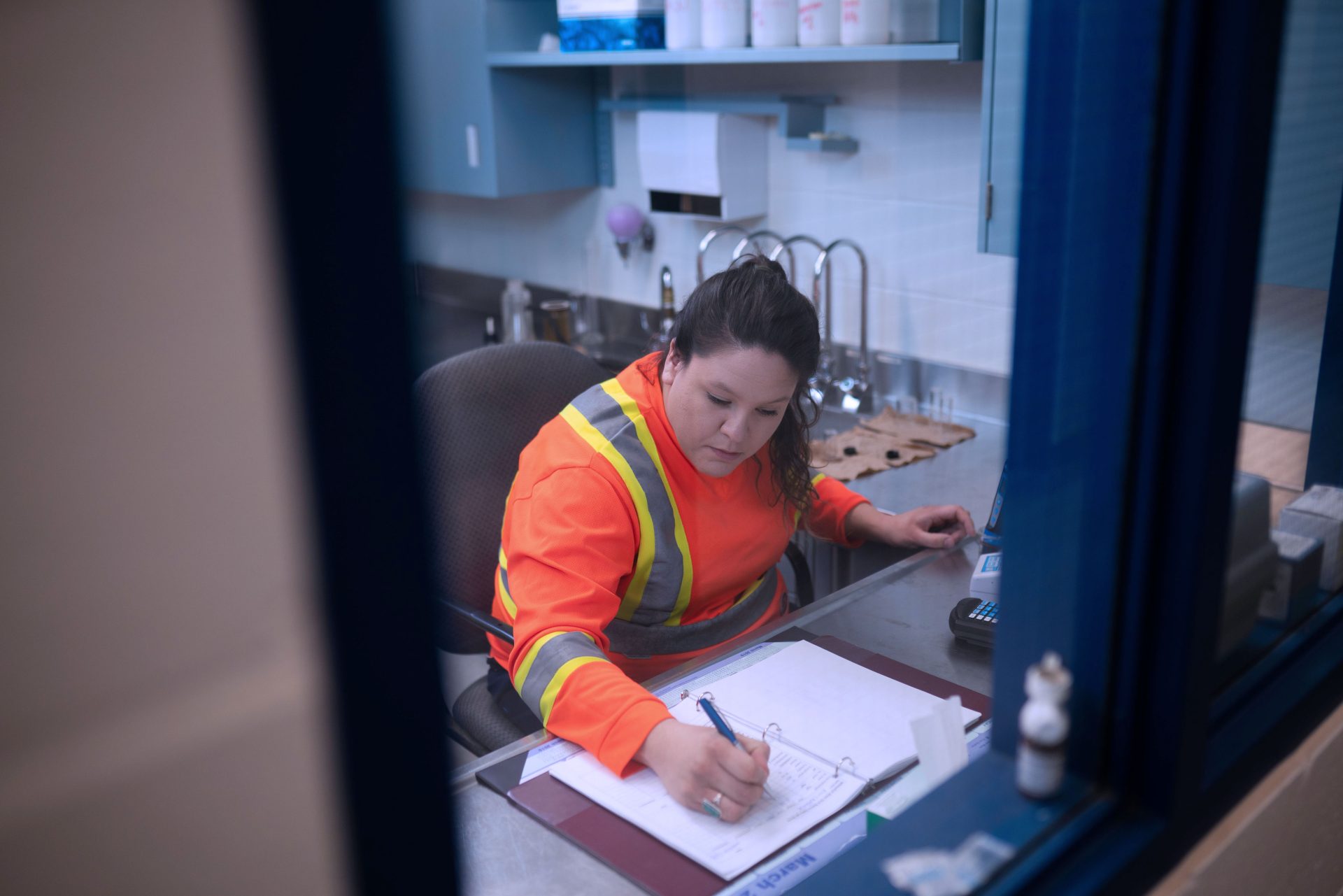By: Ogamauh annag (Sue Chiblow)
Aniin, Boozhoo, Ogamauh annag qwe dishnecuz, jijauk dodem, Ketegaunzeebee donjeba, Anishinaabe, Ojibway indow. My English or status card name is Susan Bell Chiblow, most know me as Sue Chiblow and I was born and raised by my dad in Garden River First Nation with 4 brothers and 3 sisters. I have raised my three beautiful children and continue to live with my husband, Glen Chiblow in GRFN. As a teenager, I lived with my Nokumis who told me I had to go to school to get an education so I could understand their ways and then come home to help my people. So that is what I did, I went to school and have recently went back to school to get my PhD with a focus on Anishinabek women and Nibi (water).
I have always had a special relationship with water because I grew up surrounded by two rivers and as a child, those were our swimming pools, our fishing spots, and a place where I could sit and listen to the birds, the trees, and the wind by the rivers. I learnt to respect the water at a young age and understand how important water is for all life, the trees, the fish, the birds, and the animals. All of life needs water to live.
The knowledge I have about water has been given to me by many different Indigenous Peoples because I have been very fortunate to work with and for them. I have been told that we have a different understanding of what water does and what water is. The western world believes water can be bought and sold, that it can be controlled, and that it can be poisoned; that it needs to be managed by humans. The Anishinaabek Peoples believe water is alive, it provides life and can take life, that women are the keepers of the waters because we carry babies in water and that water can heal. Many Anishinaabek Peoples also believe that water carries our ancestor’s memories and those memories are transferred from mother to child when the baby is in the water in the mother’s womb. When I participated in the Water Walks lead by Nokumis Josephine Mandamin, she talked about how the different lakes and rivers have different personalities and different water spirits, and we need to make offerings to the waters because we are the waters, water is life and if the waters are healthy then we are healthy. These are a few of the water teachings I have been given.



